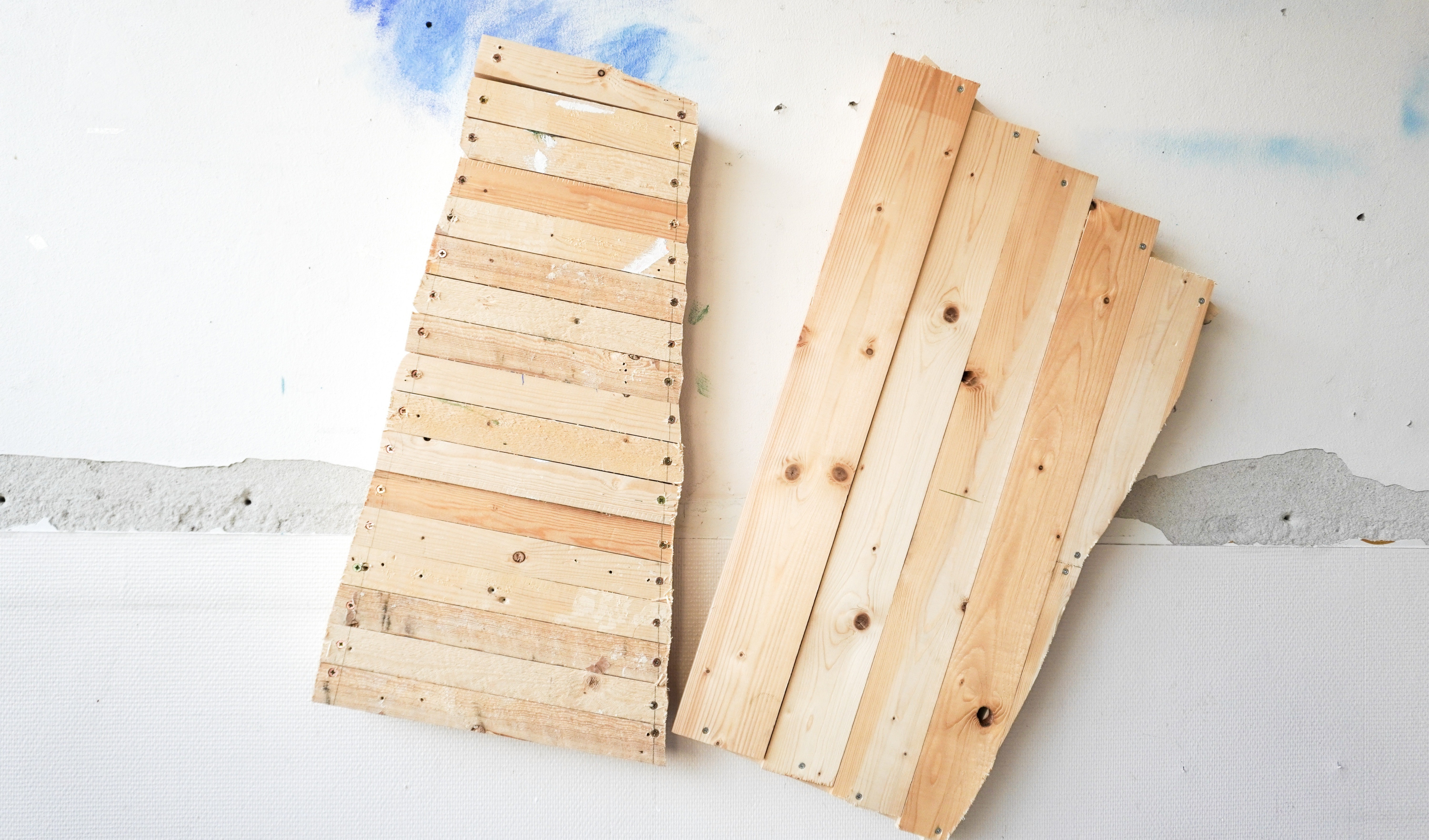POST


Maarten Buser, Anna Gerrits, Pim Lohman, Daan Mulder, Jesse Strikwerda, Wanda Tiersma
NB: The outcomes of the project will be shown on www.hopscotch.link from 23 January onwards.
“The world becomes the madman’s stranger, and he becomes perplexed about the non-foundations of existence” (translated from Filosofie van de Waanzin, 2014, p. 31). With these words Wouter Kusters describes how unsteady the perception of our regular daily life can be. Madness, he states, can drastically shift this perception. The participants of the second edition of Expoplu Exchange, our talent development project, have an intrinsic drive to alienate the ‘norm’ and the ‘normal’. They aim to uncover and unpack the absurdity of everyday life. Maarten Buser, Anna Gerrits, Pim Lohman, Daan Mulder, Jesse Strikwerda and Wanda Tiersma went on a collective journey, guided by Marieke Folkers with the assistance of Tessa Fröling.
The founding principle of Expoplu Exchange is stimulating cross-connections between disciplines, working methods and knowledge. In the case of ‘Hopscotch’, the multidisciplinary group delved into their cross-connections with an inherent curiosity about each other’s ways of working. In the midst of a pandemic they were forced to find a way to make the collective project work. This manifested in sending work to each other via mail. All participants started with their own individual sound fragment, processed textile, canvas, poem or installation. They passed it onto the next person, who continued the work by altering, destroying, or using it for something new, only to send it to the next again.
The group elevated this chain principle to the next level in a frantic “whirlwind of production”, in which everyone creates through action and reaction. Each piece is at the same time a beginning, break and ending. They wanted to force themselves towards a “state of folly”. To illustrate this with the words of Wouter Kusters, “the madman’s attempts […] do not come from primitive desire or disorder, but from high tension thinking, alike a pressure cooker of winding fascinating possibilities.” (Translated from Filosofie van de Waanzin, 2014, p. 32) Objects, images and sounds continually hopscotch from one person to another, to eventually be brought together and rearranged into an exhibition.
This collective process became an exploration of authorship and meaning. Each work conveys a polyphony of voices. ‘Polyphony’, a literary term coined by Mikhail Bakhtin, refers to the simultaneous utterance of multiple voices. In ‘Hopscotch’ the participants’ voices are non-hierarchical. With a constant hopping between individual articulations, a layered chain of meaning is at the core of each work and, hence, of the exhibition. During production the participants pour their thoughts, ideas and associations into the works. This abruptly stops when the exhibition starts. From that moment onwards it is up to the visitor to make sense of the artworks. What is the meaning applied by the makers and authors still worth then? According to Roland Barthes, the meaning of a text is given by the reader, and in this process the author is not of any importance. Contrary to Bakhtin, he believes when anyone could be speaking in fact no one is speaking, and calls it “the destruction of every voice.” (The Death of the Author, 1977, p. 142)
‘Hopscotch’ is a petrification of the group’s folly and frantic derailment, as if turned into stone. It invites us to ponder over the absurdity of everyday life. For instance with a ‘non-wall’ that seems like a wall but is everything a wall is not, with a punch-needled landscape enclosing a lifelike nipple that becomes trapped in wax, with a hyperfocus on something as ordinary as a shopping cart and headphones being accompanied by sounds of water or earplugs being kneaded.
The high-tension whirlwind has come to an end, and the rest is silence.
About Expoplu Exchange
In 2020 Expoplu has started a new pilot program, Expoplu Exchange. This talent development project offers space, time and means to young art professionals. The aim of the program is to stimulate the development of each participant’s individual practice in a collective framework, to provide a new network of peers and professionals, and to offer a dialogue with the public. Expoplu supports the participants through this trajectory on a practical, theoretical and financial level. Unique for the program is that the participants shape their own trajectory. Guest speakers are invited, who share valuable knowledge concerning the group’s ambitions and plans. The participants curate and organise their own final manifestation that fits the content of their process. Due to a diversity in practices, the participants have the possibility to make crossovers to other disciplines and learn from various backgrounds and approaches. Collective learning and exchanging knowledge are at the heart of Expoplu Exchange.